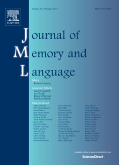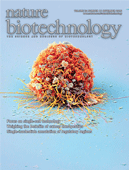 The BMJ has released a detailed correction to a much-debated article critiquing the expert report underlying the U.S. dietary guidelines.
The BMJ has released a detailed correction to a much-debated article critiquing the expert report underlying the U.S. dietary guidelines.
After the article was published in 2015, the Center for Science in the Public Interest (CSPI) organized a letter signed by more than 100 researchers, urging the publication to retract the article. Today, the journal said it found “no grounds” to do so.
However, in a press release accompanying the announcement of the correction, the BMJ notes that some aspects of the CSPI’s criticisms were merited.
Editor in chief Fiona Godlee said in a statement:
 The University of Tokyo is investigating a 2011 stem cell paper in Cell Cycle, recently retracted over irregularities in four figures.
The University of Tokyo is investigating a 2011 stem cell paper in Cell Cycle, recently retracted over irregularities in four figures.

 This summer, Ottawa Citizen reporter Tom Spears was sitting by a lake on vacation when he opened a spam email from a publisher. Amused to see the sender was a journal focused on bioethics, he got an idea.
This summer, Ottawa Citizen reporter Tom Spears was sitting by a lake on vacation when he opened a spam email from a publisher. Amused to see the sender was a journal focused on bioethics, he got an idea.



